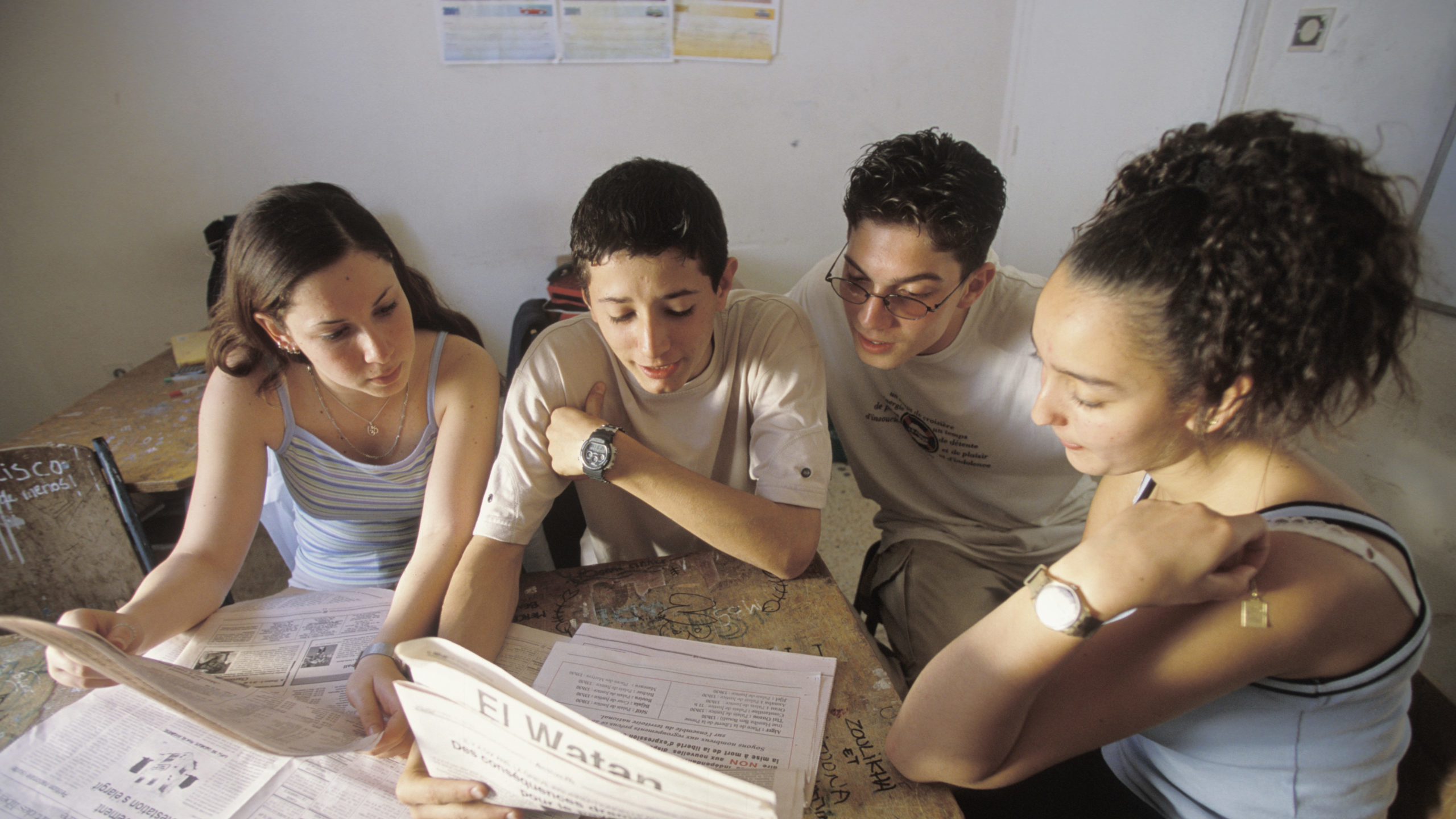resource
This paper describes the development of a children’s participatory budget council in the city of Barra Mansa (Brazil), to which 18 boys and 18 girls are elected by their peers to ensure that the municipal council addresses their needs and priorities. This council determines how a proportion of the municipal budget (equivalent to around US$ 125,000 a year) is spent on addressing children’s priorities, and its child councillors are also involved in other aspects of government. Each year since 1998, more than 6,000 children have taken part in discussions and assemblies to elect their child councillors and discuss their own priorities. The elected children learn how to represent their peers within democratic structures, to prioritise based on available resources, and then to develop projects within the complex and often slow political and bureaucratic process of city governance. This process has extended to children the concept of participatory budgeting that is now widely used in Brazil for increasing citizen involvement in urban governance. It is encouraging similar innovations in other cities in Latin America, as the example becomes better known and as more people visit Barra Mansa.






